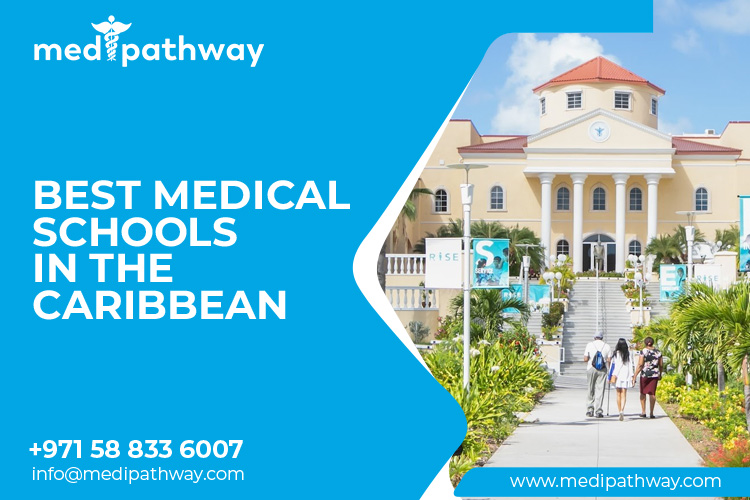Studying medical schools in the Caribbean
Medical Schools in the Caribbean
Choosing to study at a medical school in the Caribbean can be one of the best decisions you'll ever make. Not only will you get a great education, you'll also live in an incredible environment, enjoy the warm weather and beaches, and have the opportunity to take advantage of one of the most exciting medical professions available.
Accreditation
Whether you are looking to study medicine in the Caribbean or elsewhere, it is important to know which medical schools are accredited. The process of accreditation is important because it ensures that the school meets the required standards of education and performance.
The best way to measure the success of a medical school is to look at its residency match rate. A high match rate means that the students graduating from the program are likely to be placed in residency positions. A high match rate is also a good indicator of the quality of the medical training being provided.
The United States Medical Licensing Examination (USMLE) is a multi-part professional examination that is required for medical students in order to obtain a license to practice medicine in the U.S. It is sponsored by the National Board of Medical Examiners. The scores from the USMLE are the best indicator of a medical school's success.
Cost
Taking a medical course in the Caribbean can be expensive. In fact, it can be more expensive than studying in the United States.
However, if you do choose to attend a Caribbean medical school, it's important to understand what you're paying for. There are some schools that offer good deals on tuition and facilities. However, not all schools are created equal. You'll want to consider the accreditation of a medical school before enrolling in its program.
Some Caribbean medical schools offer scholarships. Others may offer loans or grant opportunities. Typically, these loans will not cover the full cost of attending a Caribbean medical school, but they can help defray some of your tuition expenses. Some schools may also offer loans with interest, or require credit checks.
Student-to-faculty ratios
Those who are interested in applying to medical schools in the Caribbean need to do their homework and carefully evaluate the quality of the school. Some schools have a strong student-to-faculty ratio while others have a low ratio. It is important to research the quality of the clinical training and the residency match rate for a medical school.
The quality of the medical school will determine the success of graduates in the residency match. You should also research the total costs of the program. This includes tuition, living expenses and loan payments. You may also be eligible for scholarships to help reduce the cost.
Students learn more effectively in smaller class sizes. This allows them to receive more one-on-one guidance from professors and receive recommendations from classmates.
Matching into residencies
Getting into residency medical schools in the Caribbean can be tough. There are many students who don't get interviews or even get a chance to match. Some will end up going into other careers. It's not fair. But it's not impossible. If you're a Caribbean school graduate, there are things you can do to increase your chances of getting a residency position.
First of all, you should try to attend a medical school that's accredited by the World Federation for Medical Education. This is important if you want to practice in the U.S. Also, you should consider taking the USMLE step 3. This exam must be passed within two years of getting eligible for residency.
Another thing to consider is the quality of clinical training at your school. Some medical schools in the Caribbean may not be as well-equipped as American medical schools. For example, some students may speak a foreign language at an elementary level. This will affect your performance in the residency match.
Life in the Caribbean as a medical student
Choosing to attend medical school in the Caribbean can be a great experience. You will spend much of your time studying and adjusting to your new surroundings. You may also get the chance to explore local culture and learn more about the country.
You may also be interested in volunteering in your community. Often times, students can take part in local health outreach programs to help develop empathy for the patients.
In addition, there are many other factors to consider when choosing a medical school. You will want to make sure that your choice is accredited before submitting your application.
You will also want to make sure that the school you choose offers a residency program, which ensures that you will be able to practice medicine in the United States once you complete your medical school. The Caribbean has many medical schools that offer this type of program.




Comments
Post a Comment